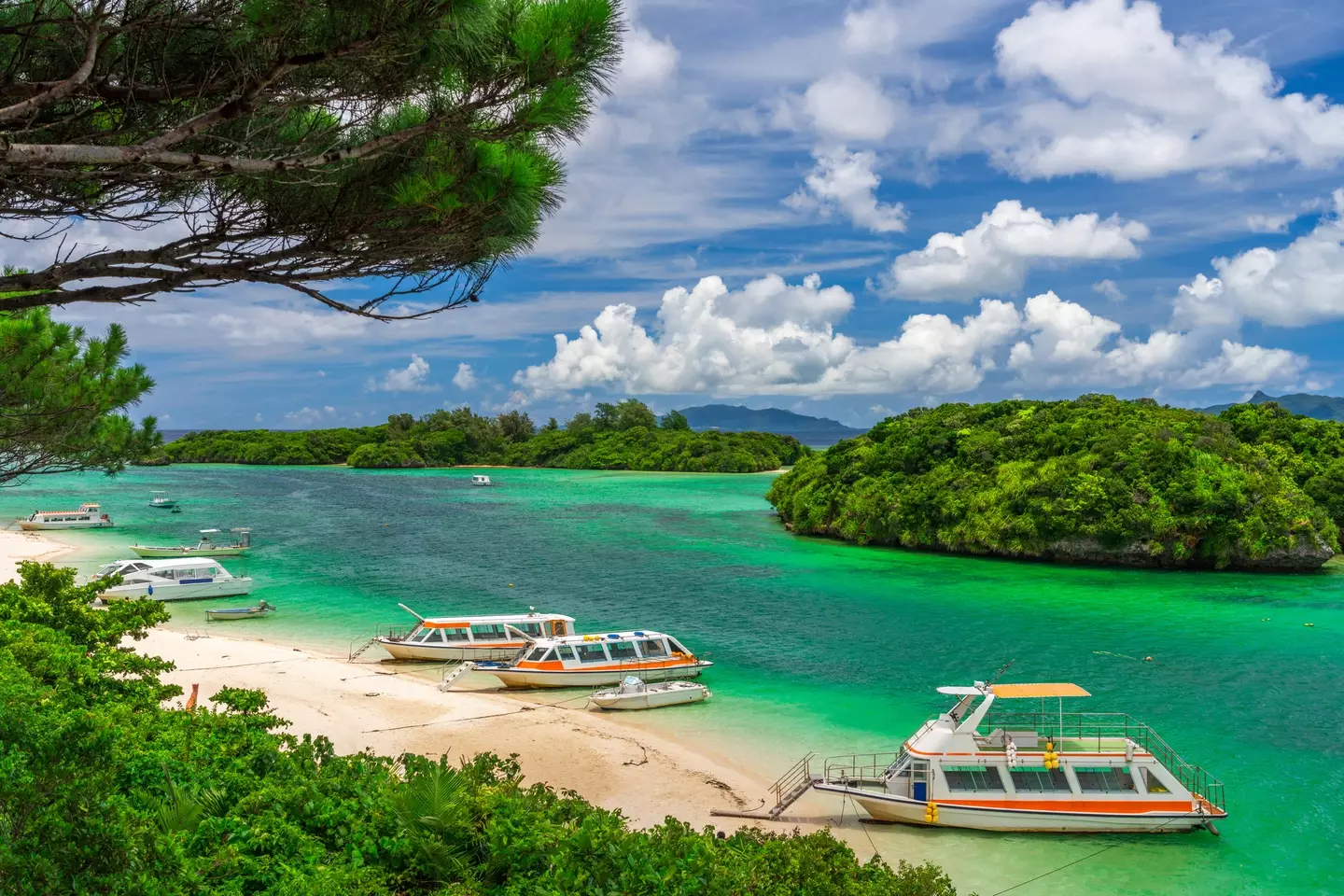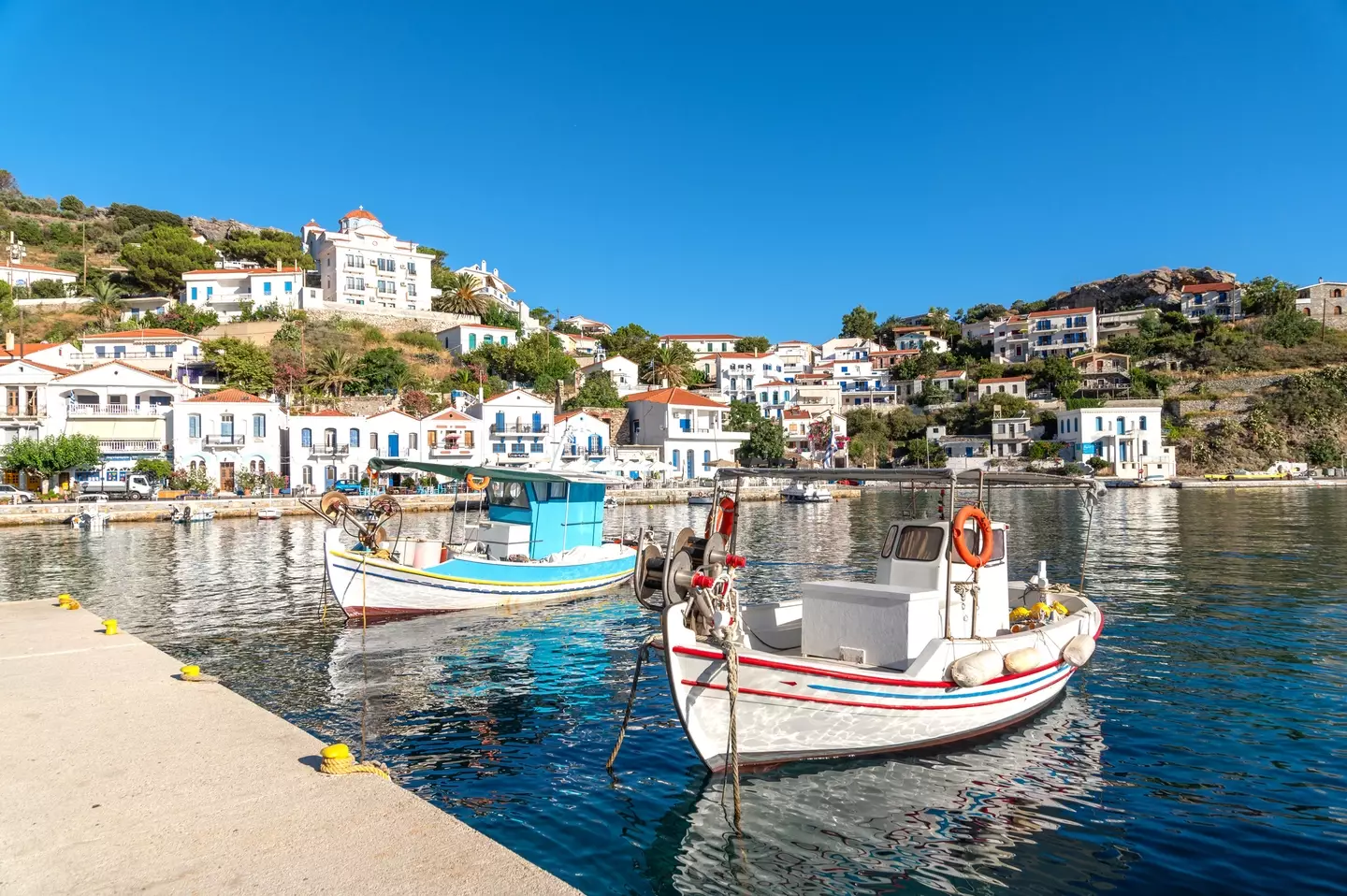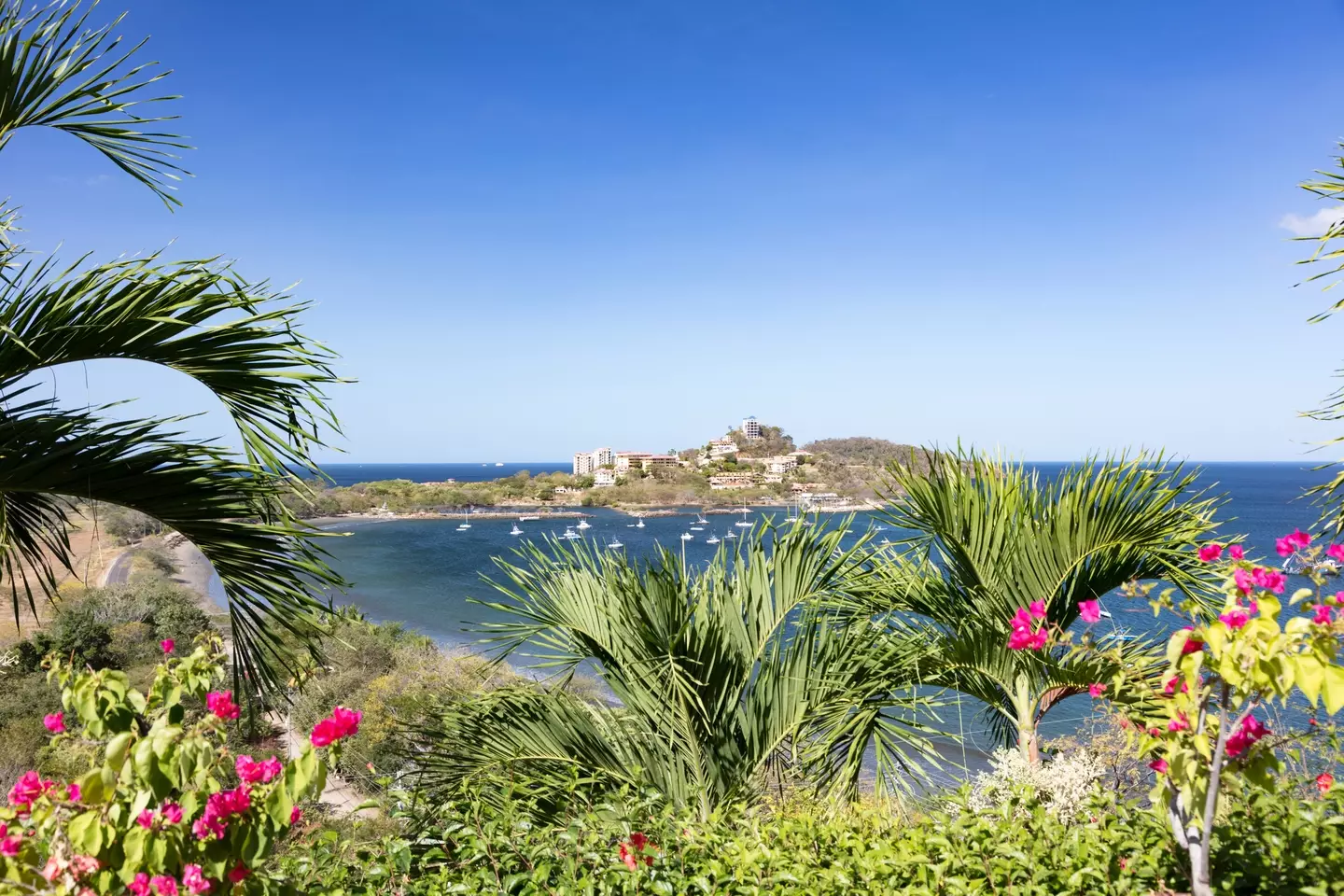
If you’re curious about how to live a long life, looking at the long-lived is a wise place to start.
Dan Buettner, an American explorer and author, has spent a lot of time studying the world’s so-called ‘Blue Zones’ – places where the locals typically outlive the average population. These include Okinawa, Japan; Sardinia, Italy; the Nicoya Peninsula, Costa Rica; Ikaria, Greece; and Loma Linda, California.
Along with the particular diets, natural beauty, and generally laid-back lifestyles typical of these places, a so-called ‘Power Nine’ rule has emerged that could boost both your life and healthspans.

Advert
On top of keeping fit, eating well, drinking lots of water and putting a stop to some bad habits, you could also incorporate the 'Power Nine' rule into your life to try and boost its longevity.
Having teamed up with National Geographic to document his adventures in the Blue Zones, Buettner’s work has seen medical researchers, anthropologists, demographers, and epidemiologists distilled these nine essential rules for living a long life.
Let’s dive into them.
1. Daily movement
It’s no secret that getting exercise is good for you. Along with keeping your heart healthy, it’s a good way to boost your mood, strengthen your muscles and bones, weather the slow deletions of ageing, and decrease the likelihood of developing cancers, autoimmune disorders, diabetes, and more.
While your mind might wander to putting down the hard miles in some running shoes or trying to squat your bodyweight in the gym, Buettner reckons subtle exercises – little and often – are just as effective at increasing longevity.
Blue Zone denizens engage in ‘natural’ movement every 20 minutes whilst going about their days, which doesn’t sound like a particularly unusual habit.
A good way to think about it would be to opt for moving around when you might not need to. Taking the stairs instead of the lift, turning on the PlayStation with its button rather than the controller, doing the dusting as well as the hoovering, and walking to the local shops instead of ordering from Amazon are just a few ways you can incorporate a bit more movement into your day.
2. Don’t sweat the small stuff
Sometimes, it can feel like the world’s turned against you. Your car won’t start, the sink splashed over your shirt, the customer service team at your bank seems to have made matters worse, and the cat just won’t stop screaming for dinner she’s already had.
All of this might prompt you to blow your lid, but Blue Zoners tend to have a more laidback attitude to these inconveniences.
"Stress leads to chronic inflammation, associated with every major age-related disease,” said Buettner.
"What the world’s longest-lived people have that we don’t are routines to shed that stress. Okinawans take a few moments each day to remember their ancestors, Adventists pray, Ikarians take a nap and Sardinians do happy hour."
Of course, Blue Zone people are beset with stresses like anyone else, but the important element here is to maintain some presence and try to rise above them.

3. Find some purpose
Life is both short and the longest thing you’ll ever do, so it’s important to find something to aim your efforts at. What do you care about? What do you want to leave behind? What place do you have in your community?
Finding reasons to get out of bed in the morning – beyond the threat of destitution if you don’t go to work – can do wonders for your health.
Buettner found that Blue Zoners tend to be determined and passionate about life, often seeming happy just to be alive.
There was also a study in Canada of 6,000 people across 14 years that found participants who could point to the purpose in their lives were 15% less likely to die by any cause than their rudderless peers.
A study from the US’s National Institute on Aging also found that people who could articulate their purpose in life tend to live as long as seven years longer than those who can’t.
4. Two glasses of wine a day seem to keep the doctor away
Before we get into this one, the general consensus in the medical community is that the best amount of alcohol to drink is none. It’s a poison, it’s addictive, it’s hard work for your body to process, and it’s carcinogenic.
All that being said, Blue Zoners tend to drink in moderation on most days, with around two glasses of wine per day potentially contributing to their longevity.
"Moderate drinkers outlive non-drinkers," said Buettner. "The trick is to drink 1-2 glasses per day (preferably Sardinian Cannonau wine), with friends and/or with food. And no, you can’t save up all week and have 14 drinks on Saturday."
Perhaps it’s got something to do with the decompression, socialising, and fun that can come out of a couple of glasses more than the alcohol itself being an elixir for life.
5. Prioritise plants
Blue Zone inhabitants typically prioritise vegetables over meat. Buettner said that 95% of the centenarians he met across the five Blue Zones favoured vegetarianism, with beans and lentils being essential to these diets.
Their meals also tend to be carb-heavy, with lots of wholegrains and sourdough in the mix.
According to Buettner, the centenarians he met tended to eat meat around five times a month.
Buettner said most centenarians instead eat meat on average just five times a month.
6. The 80% rule
Controlled portions are another essential rule to follow, it seems.
Blue Zoners typically eat their smallest meal in the late afternoon or early evening, then shut up shop food-wise until the next day.
The majority of their food is consumed for breakfast and lunch, with portion sizes decreasing as the day progresses.
Overeating is avoided at all costs, with Blue Zoners supposedly quitting when they feel they’re 80% full.
Praying before meals, chewing slowly, and eating with loved ones can all help to control appetites, apparently.
"The 20% gap between not being hungry and feeling full could be the difference between losing weight or gaining it,” said Buettner.

7. Spend time with loved ones as often as you can
Hanging out with friends and family can do wonders for your health according to Blue Zone habits.
Looking after younger and older family members can be particularly beneficial, it seems.
Buettner explained: "Successful centenarians in the blue zones put their families first. This means keeping aging parents and grandparents nearby or in the home. It lowers disease and mortality rates of children in the home too.
"They commit to a life partner, which can add up to 3 years of life expectancy, and invest in their children with time and love. They’ll be more likely to care for you when the time comes."
8. Find your tribe
How many of us are guilty of being attracted to people who don’t make us feel great about ourselves? Sometimes the people we’re drawn to for their status, achievements, idealised hobbies or looks can inadvertently make us feel bad by comparison, and these relationships may need more ‘work’ to maintain than is healthy.
Finding your people – the ones you feel comfortable with and enrich your life without a need to adhere to particular standards – is a much healthier way to approach relationships.
Hanging out with people who regularly make negative choices in their lives can also rub off on us.
"Research from the Framingham Studies shows that smoking, obesity, happiness, and even loneliness are contagious. So the social networks of long-lived people have favourably shaped their health behaviours," explained Buettner.
The most long-lived typically have well-curated social circles full of people who enrich their lives, inspire them to live positively, and make them feel loved and included.
9. Get involved in your community
Feeling like you belong somewhere can significantly boost your sense of wellbeing and your general health.
Getting involved with local groups, community efforts, and causes you care about can all be greatly beneficial.
In the Blue Zones, their communities tend to be faith-based, meaning everyone gets together regularly for religious services and events.
If God isn’t your cup of tea, you could instead opt for regular gym classes, joining a local art club, or getting involved in things like a regular communal litter pick.

Buettner says that people who attend these kinds of get-togethers at least four times a month often live for as much as 14 years longer than the average.
So, there you have it – all fairly sensible ‘rules’ to follow, but be sure to keep a tight grip on your alcohol habits if you opt for the ‘two glasses of wine per day’ idea.
